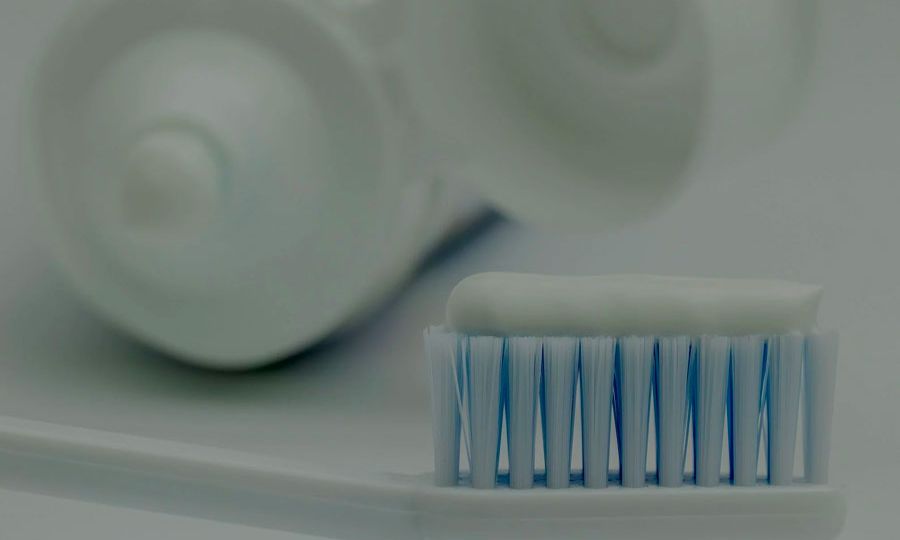
It’s a common question that parents ask: Is fluoride dangerous? Even if you’re not a parent, you’ve probably wondered about this prevalent mineral that is in your drinking water, your toothpaste—and your body. Can something with a name like “fluoride” really be good for us?
The name can, at times, seem scary, but the truth is fluoride is good for your teeth and your health without any overwhelmingly negative side effects. Communities that go without fluoride have higher cases of tooth decay and weaker teeth. You want fluoride as part of your daily health routine.
Here is everything you need to know about what fluoride is and how it’s helping you have healthy teeth.
What Is Fluoride?
Fluoride is a mineral found across the globe, widely distributed in the Earth’s crust. Many foods and water supplies naturally contain fluoride. That’s actually how researchers discovered the benefits of fluoride in drinking water. Studies found that communities with access to fluoride-rich drinking supplies had two-thirds fewer cases of cavities than communities that didn’t.
Since then, many studies have been conducted to prove the value of fluoride to human teeth and disprove any claims that fluoride was bad.
What Does Fluoride Do?
Fluoride helps enamel around teeth harden, making it more difficult for plaque build-up to cause tooth decay and cavities. During the demineralization process—the time after eating when your saliva contains acids that cause calcium to dissolve—fluoride helps protect your teeth. During the remineralization process—when your saliva is less acidic and actually replenishes calcium—fluoride causes minerals to return to a harder state, meaning stronger teeth less prone to cavities.
Is It Safe?
Fluoride is a natural, important mineral that everyone needs—especially children. A necessary part of eating involves bacteria in the mouth; bacteria help break down your food. The side effect of this is acids produced by bacteria that will eat away at your teeth. Fluoride helps strengthen teeth against this attack, meaning your teeth will be stronger for longer.
Water fluoridation is a safe and very effective way to prevent tooth decay in children and adults. It’s especially important for children in developing strong, healthy teeth.
Where Do I Get Fluoride?
Many foods have trace elements of fluoride, but the main place you are likely to get fluoride is in your drinking water. Many communities make sure fluoride is added to drinking water because of its benefits (though some communities do not add it). You can find out if your local water is fluoridated by calling your local water district.
There are also many toothpastes available that contain fluoride; these toothpastes can be a good addition to your regular oral hygiene plan. Check out your local pharmacy, and if you’re overwhelmed by choices, ask your dentist for advice on fluoride toothpaste that’s right for your family.
If you’re still concerned about the amount of fluoride you’re receiving, talk to your dentist. He or she will be able to recommend additional methods to ensure you have a strong fluoride intake. There are tablets and drops that can be taken daily to help support your fluoride need and build strong, healthy teeth.
Of course, you want to know that anything that goes into your body is safe. When people start tossing around the word “fluoride,” it’s understandable you might get nervous. The mineral’s name brings up images of chemicals and manufactured elements, but the truth is fluoride is just as natural as vitamin C.
Is Too Much Fluoride Harmful?
Of course, too much fluoride can have its own risks and side effects, especially when ingested in significantly high amounts. It could cause disruption in teeth development and formation of discoloured or sometimes underdeveloped enamel, a condition called fluorosis.
This is very rare nowadays because of the controlled amounts of fluoride in drinking water.


